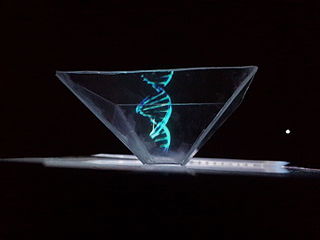Crispr Therapeutics Plans Its First Clinical Trial for Genetic Disease
By Megan Molteni,
Wired
| 12. 11. 2017
In late 2012, French microbiologist Emmanuelle Charpentier approached a handful of American scientists about starting a company, a Crispr company. They included UC Berkeley’s Jennifer Doudna, George Church at Harvard University, and his former postdoc Feng Zhang of the Broad Institute—the brightest stars in the then-tiny field of Crispr research. Back then barely 100 papers had been published on the little-known guided DNA-cutting system. It certainly hadn’t attracted any money. But Charpentier thought that was about to change, and to simplify the process of intellectual property, she suggested the scientists team up.
It was a noble idea. But it wasn’t to be. Over the next year, as the science got stronger and VCs came sniffing, any hope of unity withered up and washed away, carried on a billion-dollar tide of investment. In the end, Crispr’s leading luminaries formed three companies—Caribou Biosciences, Editas Medicine, and Crispr Therapeutics—to take what they had done in their labs and use it to cure human disease. For nearly five years the “big three’ Crispr biotechs have been promising precise gene...
Related Articles
By Emma McDonald Kennedy
| 11.24.2024
Gig work in childcare, nursing, and transportation; non-invasive prenatal testing; gene editing; and space expeditions can all be attributed to one mistaken, pervasive assumption: that “we can innovate our way out of the thorniest problems, including reproductive ones” (22). In Reproductive Labor and Innovation: Against the Tech Fix in an Era of Hype, feminist political theorist Jennifer Denbow demonstrates why the U.S. has put so much of its hopes, and its money, on technological “innovations”––and why that hasn’t addressed...
By Tamsin Metelerkamp, Daily Maverick | 11.18.2024
The National Health Research Ethics Council (NHREC) has confirmed that heritable human genome editing (HHGE) remains illegal in South Africa, after changes in the latest version of the South African Ethics in Health Research Guidelines sparked concern among researchers that...
By World Health Organization, World Health Organization | 11.20.2024
By Bernice Lottering, Gene Online | 11.08.2024
South Africa’s updated health-research ethics guidelines, which now include heritable human genome editing, have sparked concern among scientists. The revisions, made in May but only recently gaining attention, outline protocols for modifying genetic material in sperm, eggs, or embryos—changes that...




